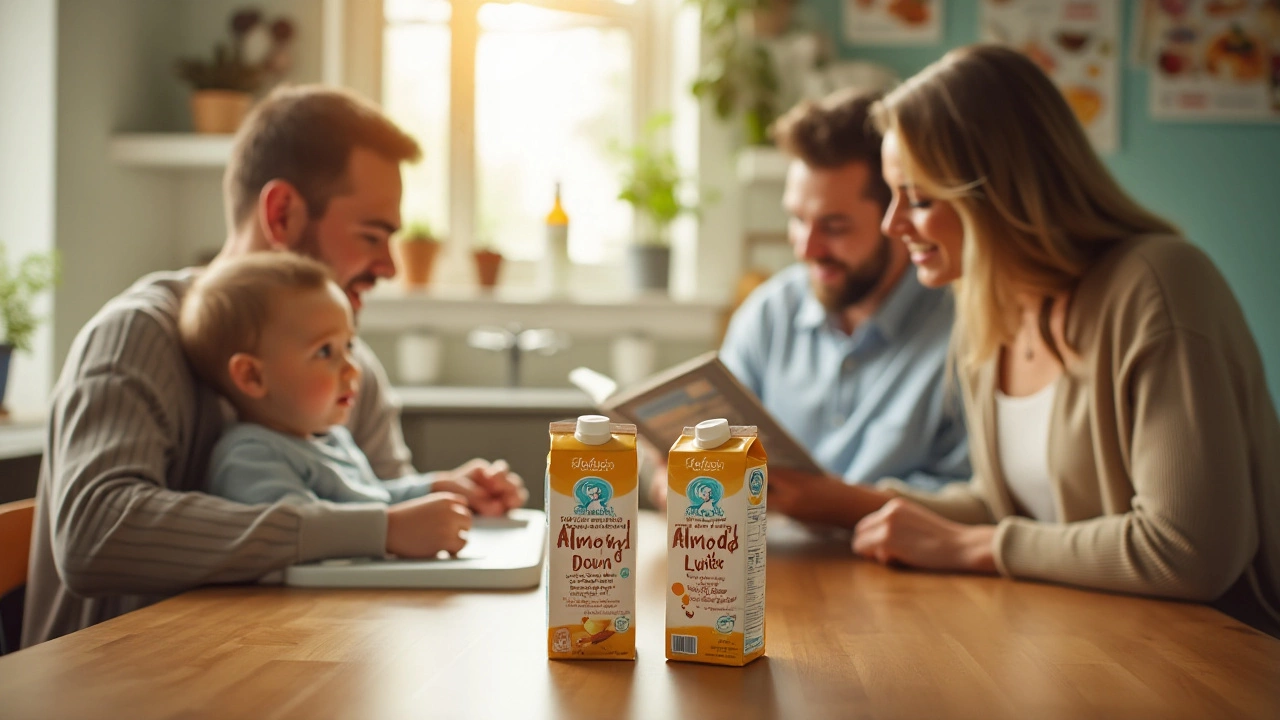Infant Formula Guide: What Every Parent Needs to Know
Whether you’re a first‑time mum or dad, figuring out infant formula can feel overwhelming. This guide cuts the fluff and gives you straight‑forward advice on picking, preparing, and saving on formula so you can focus on your baby’s smile.
Choosing the Right Formula
Start with your baby’s age and any specific needs. Most newborns do fine with a standard cow‑milk‑based formula labelled "0‑6 months". If your pediatrician mentions sensitivities, a hypo‑allergenic (HA) or soy‑based option might be better. Look for the UK Food Standards Agency (FSA) logo – it means the product meets safety standards.
Don’t be swayed by fancy packaging or celebrity endorsements. The nutritional content on the label does the real work. Check the protein, iron, and DHA levels – these are the key nutrients for growth and brain development.
Safe Preparation and Storage
Always wash your hands before handling formula. Use clean, sterilised bottles and nipples. Follow the instructions on the tin: usually one scoop per 30 ml of water. Too much powder can overload kidneys; too little can leave your baby hungry.
Water matters too. In the UK, tap water is safe for formula, but if you’re traveling abroad, use boiled and cooled water. Mix only the amount you’ll use in the next two hours. If you need to make a larger batch, store it in the fridge and use it within 24 hours. Never freeze formula – it changes the texture and can affect nutrients.
Leftover formula in a bottle should be thrown away after a feeding. Bacteria can grow fast, and a quick toss protects your baby from tummy upsets.
For parents on a budget, there are legit ways to get free or discounted formula. Many UK charities run "Formula Assistance" schemes that provide samples or vouchers. Check with your local health visitor, register on NHS baby‑care forums, or ask your pharmacy about any ongoing promotions.
Remember, formula is not a luxury item – it’s a nutrition source. If you ever feel unsure about the cost, reach out for help early rather than letting worries build up.
When you’re ready to switch formulas, do it gradually. Mix increasing amounts of the new brand with the old over a week. This eases your baby’s digestive system and lets you spot any reactions early.Finally, keep an eye on expiry dates. Formula can lose its nutritional value after the best‑before date, and old powder can develop clumps that are hard to dissolve.
With these simple steps, feeding your baby formula becomes routine, safe, and even affordable. Trust the label, store it right, and don’t hesitate to ask for help when you need it – your baby’s health and your peace of mind are worth it.

Infant Formula Options: Safe Substitutes for Breast Milk
When breastfeeding isn't possible, infant formula provides a safe alternative. This guide explains types of formula, how to choose the right one, preparation tips, and NHS guidelines. All advice is tailored for UK parents.
view more
Can Babies Safely Drink Almond Milk? Understanding the Options
Parents often ponder if almond milk can be a suitable alternative for infants, especially when seeking plant-based options. Understanding the nutritional needs of babies and how almond milk compares to traditional formulas is essential. This article explores the safety, benefits, and concerns surrounding almond milk for infants. It aims to give parents the knowledge they need about when and if almond milk should be introduced. Navigating baby nutrition requires careful consideration of various dietary options, including almond milk.
view more




